Legal Aspects of Constructing and Operating Tourism Establishments in Iran – Chapter two
Part one: related regulations and procedures
In this chapter, the most important approved regulations passed by The Islamic Consultative Assembly (Majlis) and other authorities which are related to hospitality and tourism, shall be discussed.
- Iran’s Act for membership in UNWTO and Articles of Association of UNWTO approved on January 10th, 1972
- The Act of New and Coastal Lands approved on August 20th, 1975
- The Act of Civil Lands approved on September 13th, 1987
- The Articles of Association of Iran’s Cultural Heritage Organization approved on May 16th, 1988
- The Act of Iran Touring and Tourism Industry Development approved on September 29th, 1991
- The Act of Preservation of the Farms’ and Orchards’ Original Application approved on June 28th, 1995
- The Amendment of the Act of Preservation of the Farms’ and Orchards’ Original Application approved on October 23rd, 2006
- The Executive Regulations for the Act of Iran Touring and Tourism Industry Development approved on July 6th, 1994
- The Act of the Establishment of Iran Tourism and Cultural Heritage Organization, approved on January 13th, 2004
- The Executive Regulations and Procedures for Establishment and Administration of Distinguished Tourist Zones, approved on April 30th, 2004
- The Resolution for Determination Process of Distinguished Tourist Zones, approved on July 27th, 2005
- The Executive Regulations for Issuing Visa for Foreign Citizens in Free Trade/Industrial Zones of the Islamic Republic of Iran
- The Regulations of Establishment, Modification, Completion, Grading and Pricing of Tourism Facilities and Supervision on them, approved on August 26th, 2015
Part two: incentives and legal support for investment in Tourism
A wide range of initiatives have been foreseen to encourage and support foreign investment in the tourism industry. The aim is to take investors’ concerns into consideration and solve their potential problems to encourage their investments in the hospitality and tourism industry. The following are a selected few of important incentives put in place by the government of Islamic Republic of Iran:
- According to the Foreign Investment Promotion and Protection Act, if investment permits are obtained from the Iranian Foreign Investment Committee, the investing party is fully hedged against any non-commercial risk. Expanding the range of opportunities available to foreign investors (e.g. investment opportunity in infrastructures), formally realizing the new methods of foreign investment such as project financing, buy back and the different methods of Building, Operation and Transfer (BOT), reducing application processing time for foreign investment in the Foreign Investment Committee are a few advantages of the new Foreign Investment Promotion and Protection Act.
- According to the approved law of the government, 1165 special tourism zones in suitable regions of the country have been identified and approved in order to attract foreign and domestic investment. Based on their tourist attraction capacity, these zones are categorized into four categories (international, national, provincial and local). Each area will have cultural centers, recreational centers, services (banking, hospitals, etc.), hotels and other forms of accommodation, parks, and showrooms with production workshops of handicrafts and art works in them. All ministries, government institutions and companies are obliged to provide services to investors with conditions and rates approved in the cities and villages located nearby these zones.
- According to article 4 of “the Executive Regulations of Article 132 of the Direct Taxes Amendment Law subject of article 31 of the Act of Elimination of Barriers of Competitive Production and Improvement Of Financial System of Iran”, any declared income resulted from the activities and operations of hotels and tourist guest houses owned by nongovernmental entities which have obtained their Operating Permit from related authorities after the enforcement of this Article, will have their income tax calculated by tariff rate of 0 for 5 years and if they are located in the underdeveloped regions this will extend to 10 years. Another possible extension will be granted to those production units or service providers and other centers that are the subject of this article if they have more than 50 active (working) employees and increase the number of their workers by 50% per year during the exemption years, then they will be awarded with 1 year of extension of the exemption for each year during which they have increased the number of their workers by 50%. If the investment accomplished under the subject of this article has been done by contribution of foreign investors and the investment permit has been issued by the Organization for Investment, Economic and Technical Assistance of Iran, for each 5% bloc of foreign investment, there will be a 10% increase in the incentives subjected in this Article (against registered and paid capital) with a maximum limit of 50% total increase in incentives. All those travel and tourism establishments which have obtained their operating permits from the related authorities before the enforcement of this article will receive an exemption for 50% of their tax income for 6 years after the enforcement of this Article.
- There are many incentives in place for foreign investment in Free Trade/Industrial Zones of Iran. Exclusion of the regulations and procedures governing the public sector and other general governmental bylaws and being administrated solely by this law and its related articles of association are among the most important features of these zones. Some of the investment incentives for Free Trade/Industrial Zones of Iran are:
- According to article 20 of general regulations of “The Act of Administrating Free Trade/Industrial Zones of Islamic Republic of Iran”, capital inflow and outflow and the profits occurred by economic activities are free.
- Also, according to article 13 of the above mentioned regulations, all individuals or entities that are doing economic activities in these zones, are exempted from paying any income or asset tax (subject of the law of direct taxes) for 30 years after starting operations in free zone.
- According to Note 1 under Article 24 of above mentioned regulations, leasing land to foreign citizens is permitted.
- According to clause 1 of Article 5 of “the law for Exports, Imports and Customs Affairs of Free Trade/Industrial Zones”, all the goods and consignments which enter the zones from other countries, inside Iran or other free trade/industrial zones of Iran, if and only if are recognized as necessary quantity of construction materials, equipment and tools for the purpose of building production lines, commercial units, service providers, housing complexes and infrastructural activities and operations (except for furniture and decorative materials), are exempted from paying port and airport charges.
- Based on the bilateral MOU in 2007 between Department of Environment and Iranian Cultural Heritage, Handicrafts and Tourism Organization, in order to evaluate the environmental effects of tourism projects, a range of arrangements have been anticipated for facilitating these projects.
- According to Article 22 of “the Amendment to the Law of Regulating Some Parts of Government’s Financial Procedures” approved on February 16th, 2001, and in order to improve hotels, accommodation centers and other tourism establishments (subject of a request put forth by Iranian Cultural Heritage and Tourism Organization):
- The National Organization of Lands and Housing is obliged to provide investors with needed lands with peer reviewed pricing under a 5-year installment plan.
- The Forests, Range and Watershed Management Organization of Iran and the provincial bureaus of natural resources along with the Organization of Lands and Farms Affairs (in affiliation with Ministry of Agriculture Jihad) MUST provide the investors with needed lands on reasonable prices.
- Any land use change for the establishment of hotels and tourism centers (by the request of Iranian Cultural Heritage and Tourism Organization) can be discussed with urgency in the subject commission of Article 5 of “the law of Establishment of Iran’s Supreme Council of Urbanism and Architecture”, and shall be immediately reviewed and pursued.
- Any charges for changing lands’ use and selling urban density construction permits shall be paid by the investors to the related Municipality under a 5-10 year installment plan.
- According to Article 6 of “Iran’s Tourism Development Act”, Municipal Lands Organization, Municipalities, The Forests, Range and Watershed Management Organization of Iran and other related ministries and governmental organizations, MUST provide the applicants (investors) with needed lands for building Tourism Establishments with an introduction [letter] from Iranian Cultural Heritage and Tourism Organization, under regional reasonable prices in a fashion which does not decrease public income of the country.
- Based on Article 8 of “the Executive Regulations of Iran’s Tourism Development Act”, all tourism establishments and their related businesses such as those operating inside them, should be treated as the industry sector in case of paying construction charges. This means that municipalities must calculate the charges regardless of the type and the use of the lands, in full compliance with charge tariffs of industry sector and with exemption of land charges they should only calculate and collect charges of construction (this exclude charge for [civil] renovation which is collected every year). Also according to the Note under the above mentioned Article, municipalities are being obliged to collect related charges based on industry sector tariffs and apply the maximum amount of possible discounts for the purpose of strengthening the infrastructure of tourism industry. Moreover, under clause B of this Article, costs for fuel, water, power, and telephone, whether they are initiation or consumption costs, shall be calculated by industry sector tariffs as well and the related authorities-in-charge are being urged to calculate and collect these charges (bills) regardless of construction type, use and the amount of consumption and in full compliance with the industry sector tariffs only.
- According to Article 5 of Iran’s Tourism Development Act, banks are being obliged to finance and offer bank facilities to private and public investors in tourism industry development, with the rates and bonuses approved for industry sector.
Part three: the process of issuance of principal agreement letters and establishment permits
The process of issuance of principal agreement letters and establishment permits is as follows:
The procedure of the issuance of agreement letters by ICHHTO:
- A written application must be submitted by the applicant to the relevant provincial ICHHTO.
- The location must be visited by an expert from the provincial ICHHTO.
- A preliminary approval and its announcement shall be issued by a technical committee. In case of disapproval, it must be announced to the applicant by mentioning the reason in written form. For projects under 40 billion IRR (near 1.2 million USD) the primary approval shall be issued by the committee itself, however, projects over that range shall be sent to the deputy of planning and investment of ICHHTO to be reviewed by the bureau of finance and facilities and if approved, the primary approval will be granted from there.
- Enquiry from related organizations shall be asked as below:
- The Regional Water Company (in order to observe the limits of rivers, sea, agricultural canals, dams etc.)
- The Regional Power company (in order to observe the limits of high voltage electricity)
- Electricity distribution company (to provide the required electricity of the project)
- Gas and Petrol Co. (in order to observe the gas and petrol pipes)
- Natural Resources office (to observe the forest and national land areas)
- Environmental protection provincial office (for the environmental issues)
- Cultural Heritage (the historical areas or textures of the city or village)
- Land Affairs Organization (in order to examine agricultural lands and the land use)
- Municipality (in case the land is located in the city)
- Road and Transportation office (in order to observe the main and subsidiary routes)
- Water and Sewage Co. (the form of water provision and disposal of sewage)
- Other organizations when necessary
- After receiving positive replies from enquiry letters the applicant(s) must submit the preliminary documents:
- Ownership deeds
- Sketch of the area
- These documents shall be reviewed in the deputy of planning and investment of ICHHTO and in case there is any deficiency the applicant will be notified to correct them.
- The issue must be considered in the tourism workgroup.
- Agreement letters shall be issued.
- All the maps and plans of the project then shall be sent to the Municipality in order to issue construction permit.
- After getting construction permit, time schedule of the project should be gotten.
- Next step is to get the permit for establishment/modification of the project.
- After all these, the applicant is required to lodge a physical progress report every 3 months.
- At the final stage and once the project is finished, expert officers of the deputy of planning and investment of ICHHTO will visit the project and then final operating permit will be issued.
Application for receiving bank facilities
Every individual or entity, privately owned or cooperative, can lodge their application for receiving bank facilities after they have received their agreement letter, have their construction plans approved and have deposited their 20% share into their bank account. The applicants’ share are in fact their investment before or during application for receiving bank facilities. This share is shown in their costs after buying land and before construction commencement (expenditures such as legal charges and permits costs, consultant engineer fees, etc), when they are about to build 20 percent of the construction project on their own costs or it can be directly deposited into their bank account in cash. Facilities for tourism and cultural heritage establishments are being offered in construction, repair (modification), developing and equipping, and renovation of the approved projects which are all responsibility of ICHHTO and assigned banks.
The amount of these facilities is a function of the projects’ potentiality and the amount of capital invested or to be invested in the projects. Investors [should] choose projects considering factors such as general and specific conditions of each area, region or zone, technical, economic and financial conditions, and then move toward buying lands and building infrastructures. Technical, economic and financial feasibility are some important persuading (dissuading) factors to attract investors to tourism industry. If a plan or project lacks such feasibility study, it will not be practicable and the investor(s) will encounter serious problems during or after the project. Therefore, it is highly recommended that the investors conduct precise and reliable investigations through their investment goals before they start their investments.

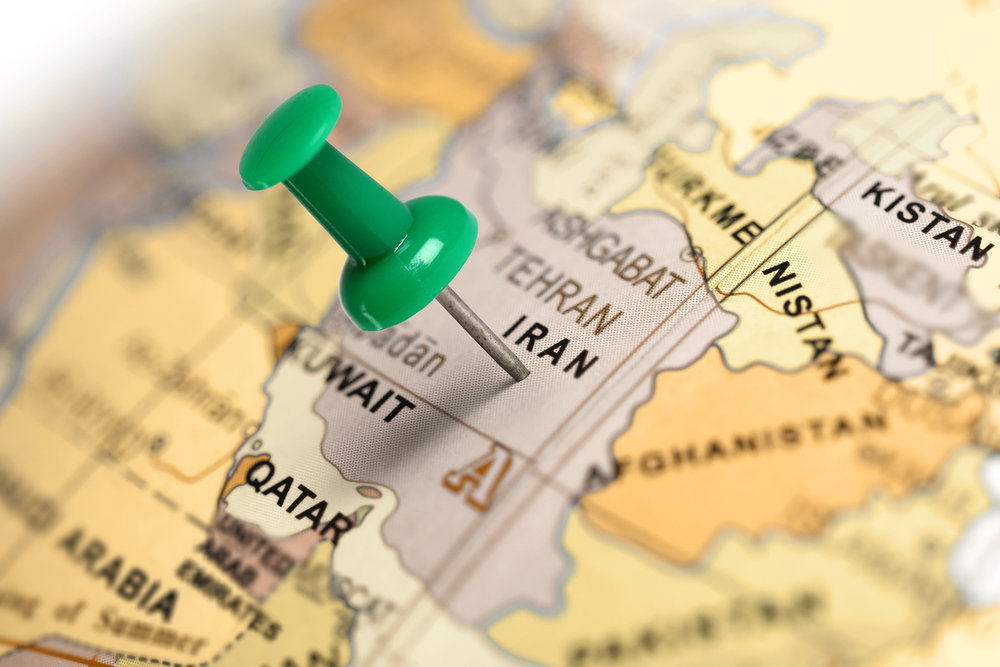

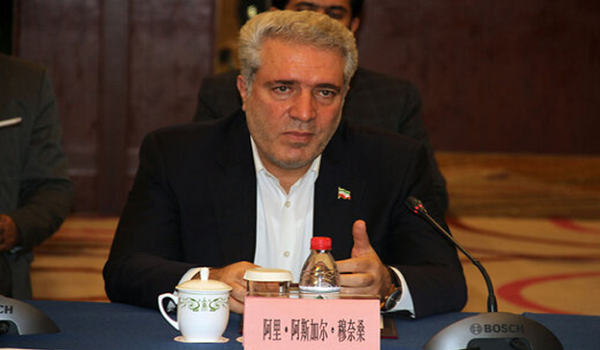

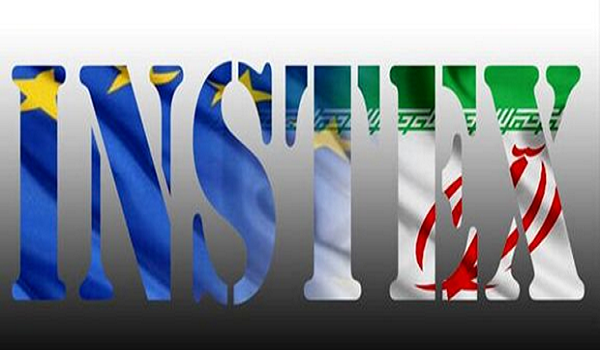
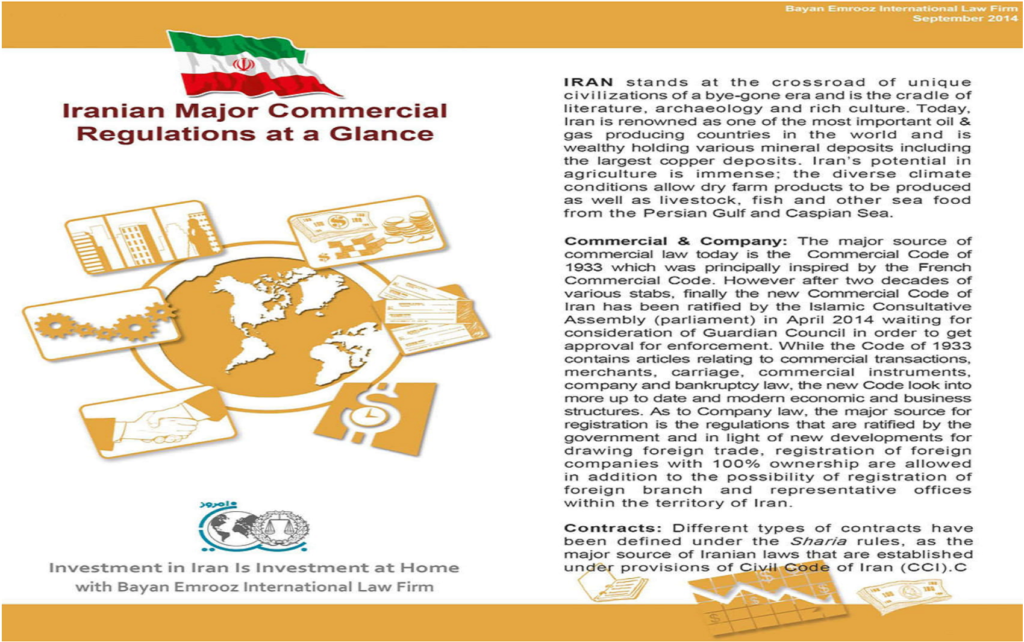
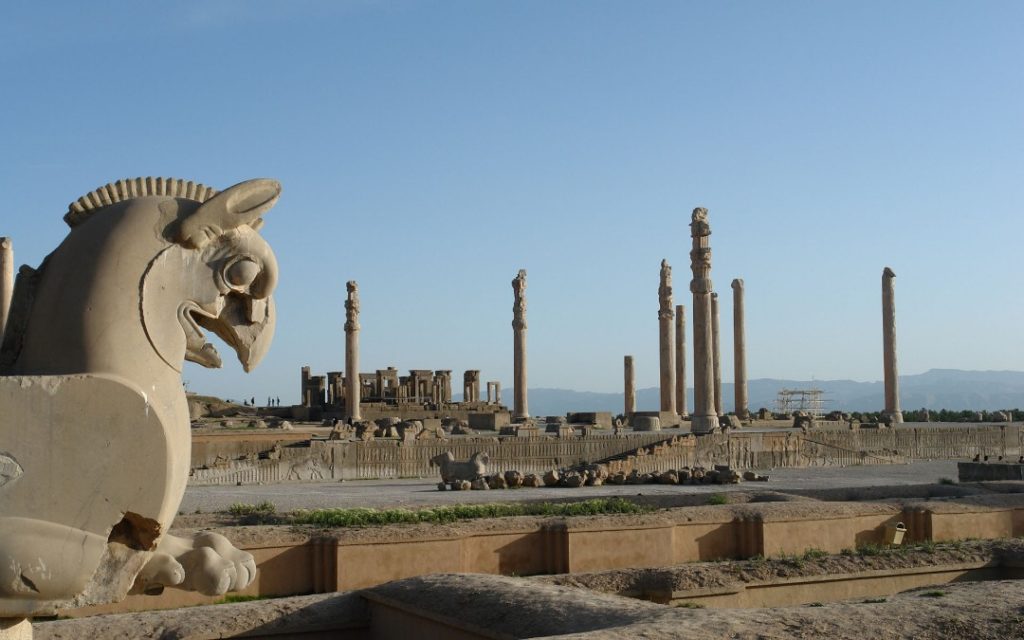

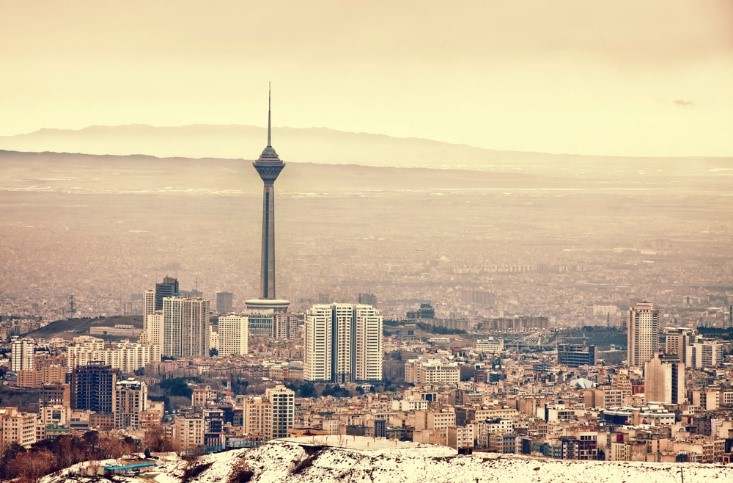
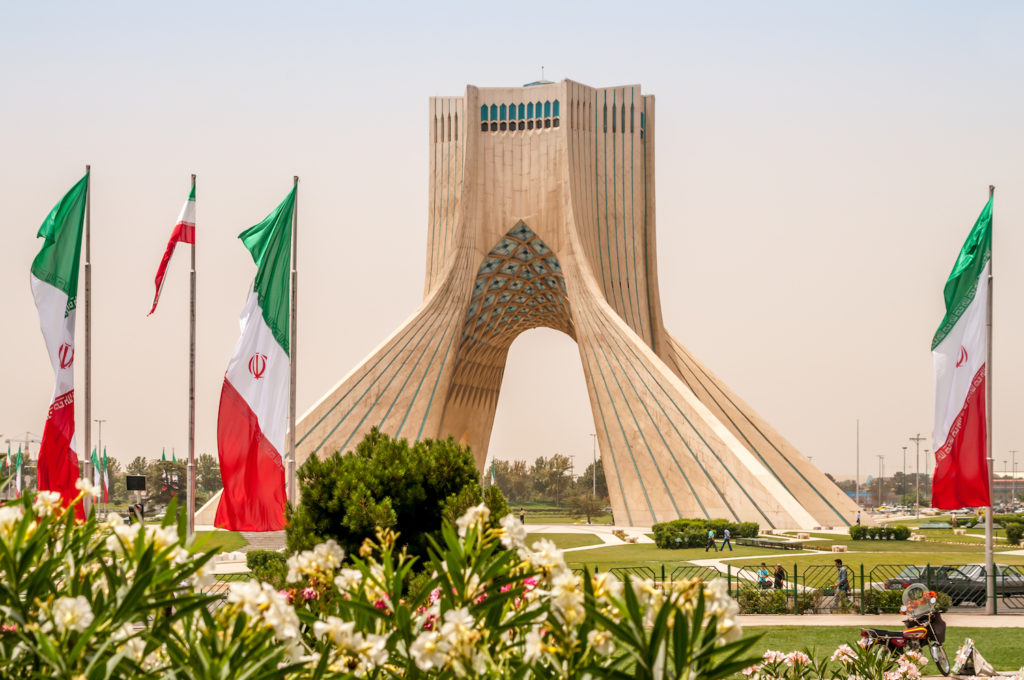



Appreciate it for this post, I am a big big fan of this website would like to continue updated.